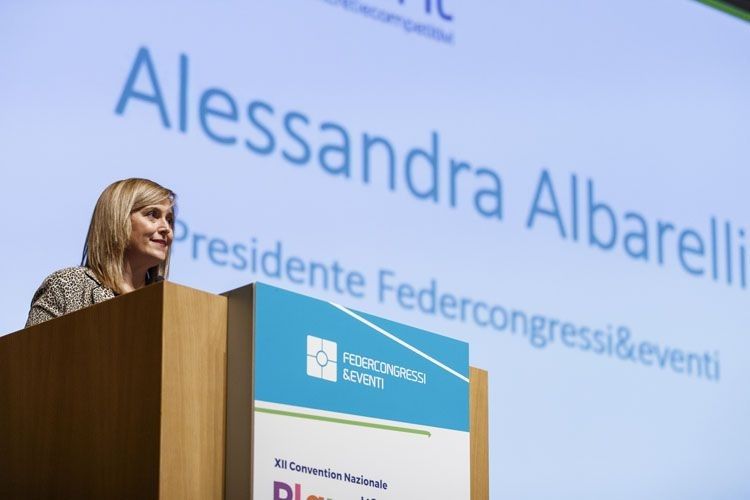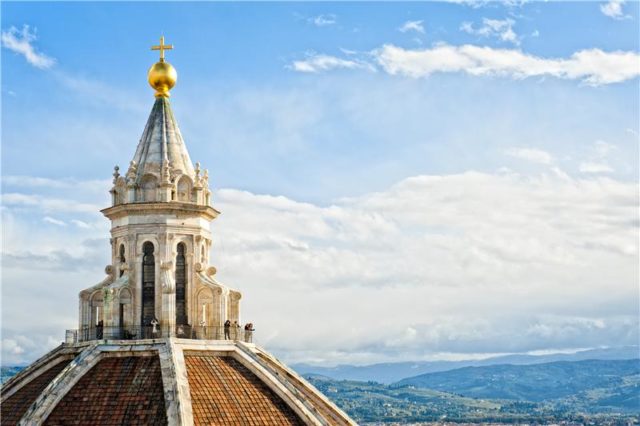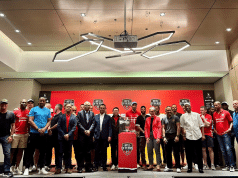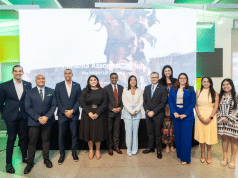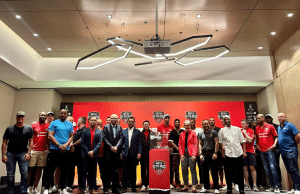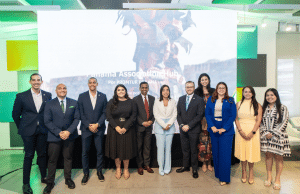In 2018, Italy hosted 421,503 conferences and events for a total of 597,224 days, posting increases of 5.8% and 6.7% from 2017. The average duration, at 1.42 days, remains stable, while participant numbers were down slightly to 28,386,815 (-2.4%), as was the overall attendance figure, to 42,319,349. The slightly negative growth figure for these last two pieces of data was mainly due to the fall in conferences promoted by international associations, showing that Italy urgently needs to undertake substantial promotional activities to meet increasingly fierce competition from competitor destinations.
These are the key figures from the Italian Survey of Conferences and Events, the research project promoted by Italy’s meeting industry association Federcongressi&eventi, conducted by the Graduate School of Economics and International Relations of Università Cattolica del Sacro Cuore and coordinated by Professor Roberto Nelli.
Now in its fifth year, the study continuously monitors the events and conferences organised in Italy, showing the size, characteristics, and trends of a sector that not only generates economic activity but is also a driver of social and cultural development.
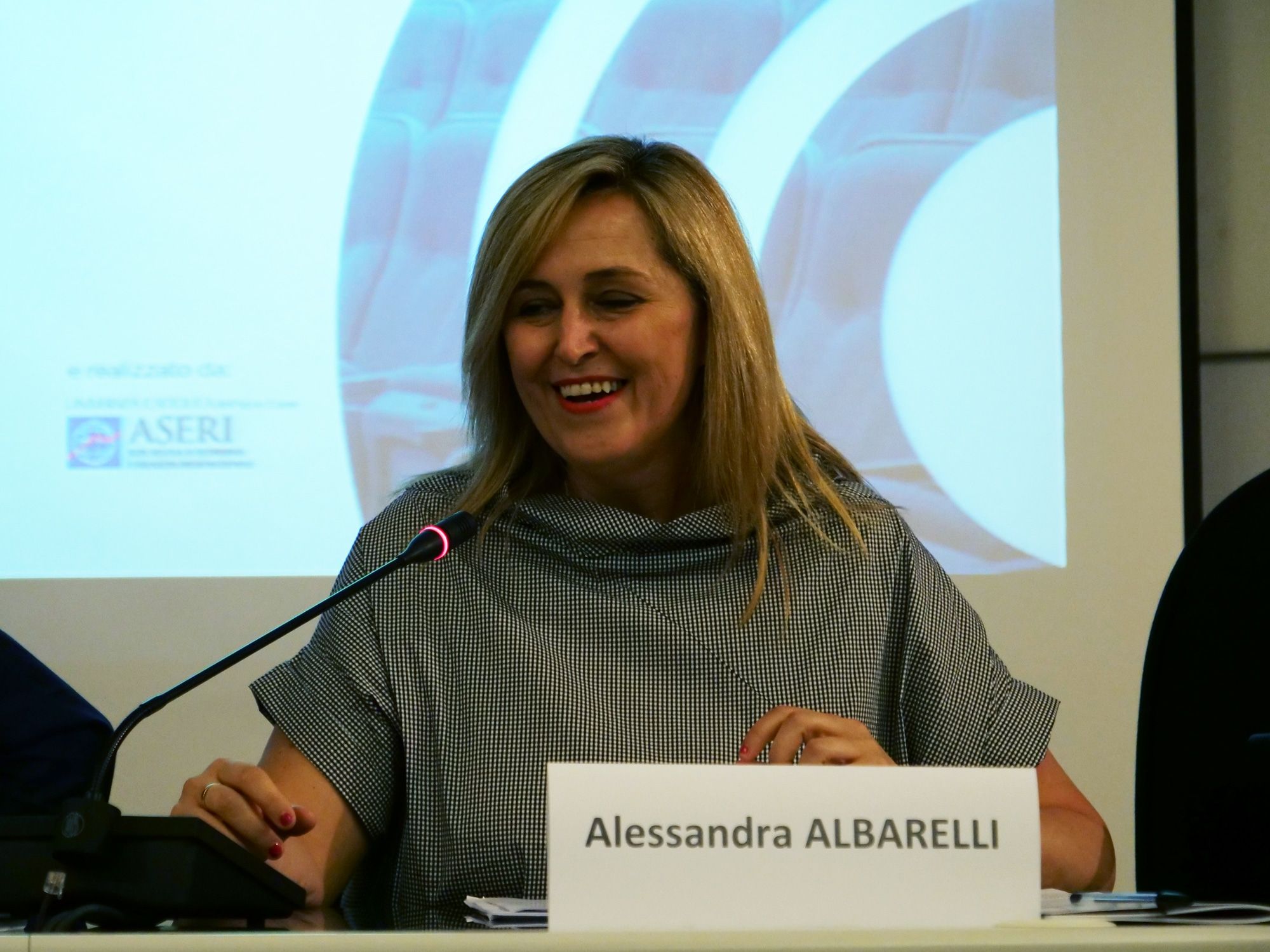
Who stages events in Italy: companies continue to invest, incentives needed for associations
Companies are the main promoters of events, registering steady growth year-on-year. Conventions, meetings, product launches, and incentive events were confirmed as effective marketing, communication, brand-awareness building and lead/sales generation tools for companies, and accounted for 65.5% of the events held in Italy in 2018, an increase of over 10 percentage points compared with 2015 (55.4%).
Associations were the second largest promoters, but their share of the total continues to fall. Last year, association events – mainly conferences – accounted for 22.8% of the total, versus 25.5% in 2017, 31.6% in 2016 and 34.8% in 2015. The third group of promoters by the number of events organised was organisations and institutions, whether government, political, union or social, which accounted for 11.7% of events, a slight rise from 2017’s figure of 9.9%.
The constant decline in the share of events organised by associations – albeit with marked differences between the regions (in 2018, association events increased in North-West and Central Italy, but decreased in the North-East and in the South and the Islands) – shows the need for ad hoc institutional measures to boost Italy’s appeal as a conference destination. Given their duration (over several days) and the number of participants (sometimes in the thousands), conferences – particularly those promoted by international associations – are the most desirable events for destinations, as they offer benefits in terms of economic impact, media and social visibility and regional development.
